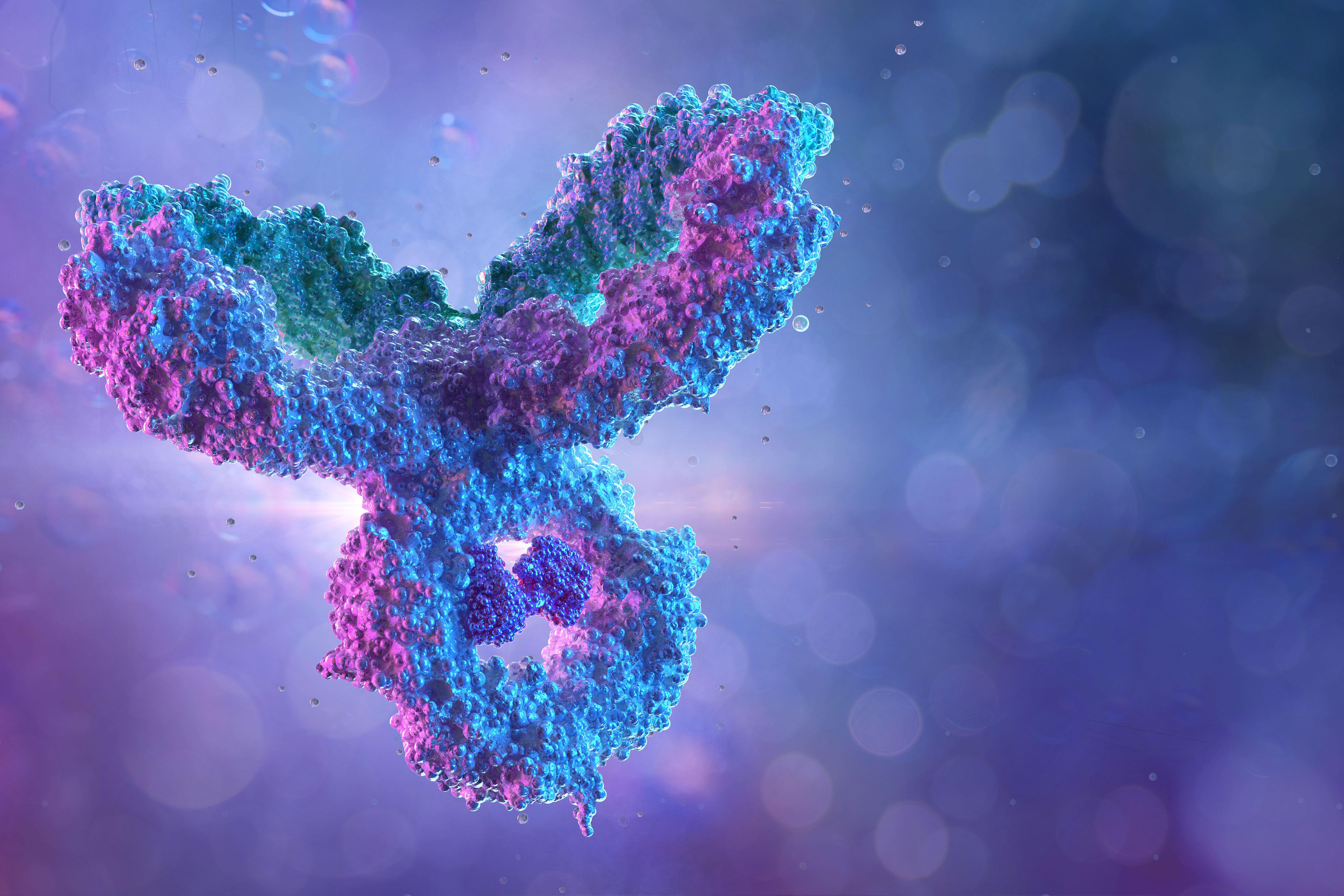Suppressive Molecules of Diseases with Altered IgE Regulation
Provides a new platform for the development of diseases associated with abnormal regulation of immunoglobulin E (IgE).
Previous research has demonstrated that congeners of tetracycline, minocycline, and doxycycline suppress asthmatic symptoms in vivo, and immunoglobulin E (IgE) from asthmatics in vitro in a dose-dependent manner. In theory, the active site(s) responsible for suppression of these congeners include (but are not limited to) mono-, di-, and tri-cyclic components. These molecules, and similar derivatives, can be modified as needed to achieve maximum suppressive effect.
This technology from SUNY Downstate Health Sciences University consists of small molecular active fragments derived from molecules known to have suppressive effects in diseases with altered IgE regulation. These molecules can be used in the treatment of diseases/disorders such as allergies, asthma, and others, without the side effects generally associated with commonly used anti-inflammatories such as corticosteroids and other agents. As a result, this technology provides a new approach to the development of more effective treatments for patients suffering from diseases associated with abnormal IgE regulation.

- Avoids the side effects associated with the parent molecule (tetracyclines)
- Provides higher intercellular concentrations, thus reducing the amount of drug needed to attain the desired effect
The primary application for this technology is to develop treatments for diseases associated with altered IgE regulation.
Patented
- Mono di & tri cyclic compounds useful for lowering IgE concentrations - US 7.425,655 B2 filed 2/9/04
- Mono, di and tri cyclic compounds useful for lowering IgE concentrations - US 7,649,113 B2 filed 8/25/08
This technology is available for licensing and will be of value to any company or institution involved in developing treatments for diseases/disorders associated with IgE regulation, such as allergies and asthma. This includes:
- Pharmaceutical companies
- Research facilities
- Hospitals
Patent Information:
| App Type |
Country |
Serial No. |
Patent No. |
Patent Status |
File Date |
Issued Date |
Expire Date |
|